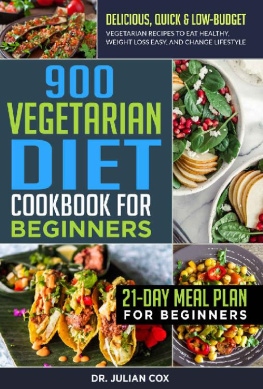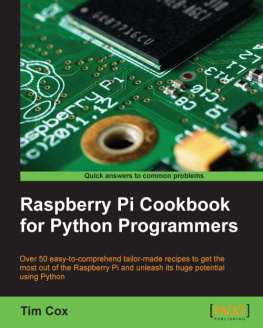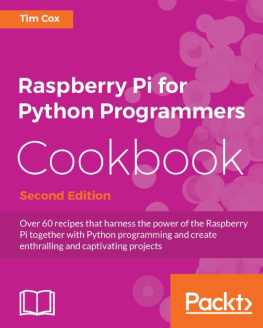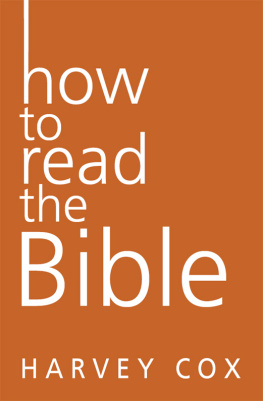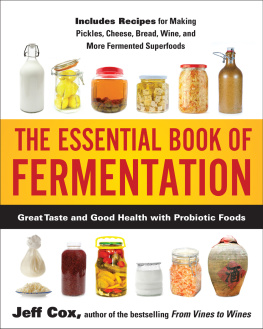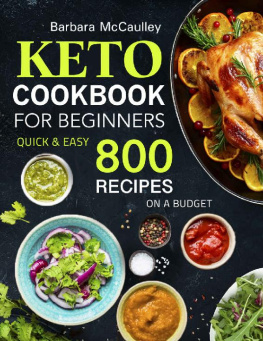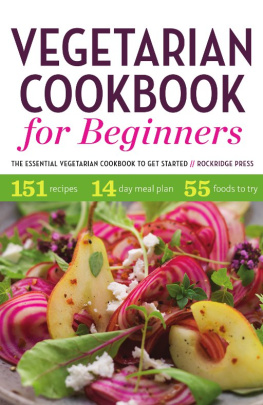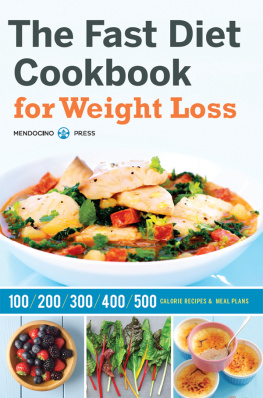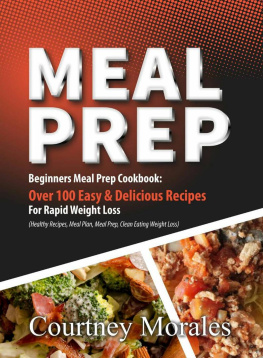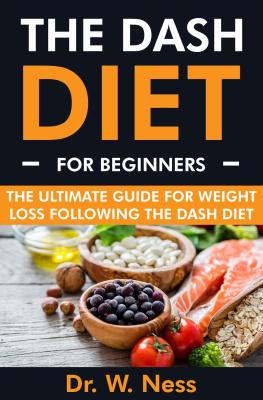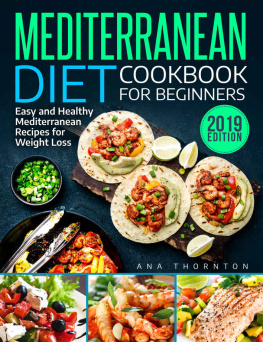The Essential Vegetarian cookbook
The complete vegetarian guide for beginners
93 delicious and healthy vegetarian recipes to make at home in less than 30 minutes | 21-day meal plan for weight loss.
Introduction
The vegetarian diet has been increasing in following and popularity in the recent years. There are many reasons why many people are getting into the vegetarian diet. The health benefits it provides are numerous including decreasing the risk of lifestyle diseases, cancers, and heart-related illnesses.
A carefully planned vegetarian diet is one good way to meet all the nutritional requirements of the body. Specifically choose healthy and nutritious plant-based food such as vegetables, fruits, whole grains, nuts, and legumes.
A vegetarian diet can include eggs and other dairy products in their diet. The food that you are not allowed to eat are: meat of any kind, seafood, and fish. The other food that you can eat will depend on the kind of vegetarian diet you choose to follow:
- Vegan: no meat, fish, eggs, dairy, and any animal-byproducts
- Lacto-ovo-vegetarian: they are allowed to eat eggs and any kind of dairy products.
- Ovo vegetarians: they do not eat fish, seafood, and meat.
- Lacto-vegetarian: they are allowed to eat dairy, but does not eat eggs, fish, and meat.
After choosing and determining what kind of vegetarian you are, it would be easier to know which food are allowed and not allowed in your diet. However, this book will focus on vegetarians who eat eggs and other dairy products.
Overall, vegetarians are allowed to eat fish, eggs, and animal by-products. Note that when you follow this diet, these guidelines should be taken into consideration:
Learn how to differentiate between healthy and unhealthy meals
Get the most out of your plant-based food
Make veggies and fruits a big part of your vegetarian diet
Always prepare and cook your food
Salads and smoothies are a perfect combination for a filling dish
Avoid any kind of processed food
Go for whole food and unrefined ones
Choose what you drink because some beverages contain too many calories.
This book will help you get informed of what the vegetarian diet is all about. A 21-day diet meal plan will help you get started. Anyone who opts to become a vegetarian should have enough knowledge to make sure that all key nutrients are gained.
Let this book serve as your guide as you take on the vegetarian path to good health.
Chapter 2 All about the Vegetarian Diet
Vegetarianism is the practice of not eating meat, fish, or poultry.
People are vegetarians for many reasons. Some choose vegetarianism because of personal, ethical, or moral views, believing that it is wrong to kill animals for meat. Others believed that it is unhealthy to eat meat. Certain religious groups, such as Hindus and many Buddhists, practice vegetarianism as part of their faith.
Still, others are concerned that the earths ability to feed its population is limited. Worldwide, good agricultural land is scarce, and a large portion of this limited resource is used to grow grain that is fed to animals. Some people believed that it would make more sense to use that land to grow crops for human consumption.
Vegetarian cooking is nothing new. In the olden days and in many cultures, vegetarian meals are mostly served. Today, more and more people from all over the world are recognizing the health benefits of reducing or totally eliminating animal meat in their diets. Added to this are the increasing number of healthy and delicious vegetarian alternatives to meat, such as tofu, tempeh, seitan, and even vegetarian patties and other meat alternatives.
There are also many restaurants that cater to vegetarian dishes and even chefs are discovering and exploring new vegetarian dishes. All of these factors have led to a new approach to vegetarian dining.
There are some vegetarians who do not include milk, eggs, and animal products in their diet. There are vegans who exclude eggs, milk, and other animal products from their diets.
Meat and dairy products are excellent sources of protein, but they are not the only sources. Fruits, vegetables, grains, and legumes (plants that grow seeds within pods, such as beans, peas, and lentils) also provide protein. However, most plant proteins are not complete.
Proteinscontain all of the necessary amino acids. Soybeans and soybean products such as tofu and soy milk contain complete proteins, making them very popular among vegetarians. However, consuming combinations of food can help the body achieve complete proteins.
These combinations include beans, lentils, or peanuts with rice, wheat, or corn. For example, rice and lentils, corn tortillas and beans, and even peanut butter and wheat bread all provide complete proteins.
Calcium is another important nutrient for a balanced diet. It is essential for healthy bones, joints, and teeth. Good thing, there are many meatless and nondairy food that contain significant amounts of calcium. Whole grains, legumes, nuts, and dark green vegetables such as broccoli and kale are all good vegetarian sources of calcium.
The most important thing to remember when considering a vegetarian diet is balance. A healthy assortment of fruits, vegetables, and grains can provide most of the vitamins and minerals that the body needs, without adding much fat or cholesterol.
The Benefits
- Weight loss. Vegetarians are said to have lower BMI or body mass index than those who eat animal meat.
- Lower cholesterol level. LDL or the low density lipoproteins, also known as the bad cholesterol, is known to be the cause of clogging in the arteries. If you follow a vegetarian diet, the percentage of having high cholesterol is reduced to almost 30 percent.
- Lower risk of cancer: vegetarians have a lower risk of developing different chronic diseases such as cancer compared to those who are meat eaters. This is because vegetables are low in cholesterol and saturated fat, and are high in antioxidants, fiber, and phytonutrients.
- Lower risk of lifestyle diseases, such as diabetes and other cardiovascular diseases.
Disadvantages
A meat-free diet may be good for ones health, but there are also disadvantages especially if you dont eat a well-balanced vegetarian diet. Most alternatives for proteins especially the plant-based ones except for quinoa and soy are considered incomplete. Meaning, they dont supply all the essential amino acids that are required in building tissues and muscles.
To do away with protein deficiency, it is advised that you make a combination of different vegetarian-friendly proteins in a day such as hummus, beans, and brown rice. Vegetarians need to combine different proteins throughout the day.
Chapter 3 - Vegetarian Breakfast Recipes
1. Roasted Asparagus with Cheese and Herbs
Ingredients:
- 2 pounds asparagus, fresh and crisp
- 4 garlic cloves, minced
- half a teaspoon dried oregano
- 2 tablespoons fresh Italian parsley, chopped
- 1/4 cup of olive oil
- 1 teaspoon lemon zest
- 1/4 teaspoon red pepper flakes
- kosher salt
- black pepper, freshly ground
- 4 ounces feta cheese, crumbled
- 1 lemon
Directions:
- Preheat oven to 400 degrees F.
- Heat oil in a small pan on low heat settings, and then add garlic, red pepper flakes, lemon zest and oregano. Remove from heat when the olive oil becomes fragrant and the garlic turns golden in color. Allow to cool.
- Bend asparagus spears gently until they snap at the natural point. Throw away the ends.
- Drizzle the olive, garlic and lemon zest mixture over the asparagus. Toss to coat pieces evenly.
- On a baking sheet with a side age, place spears in one layer. Add kosher salt and black pepper to taste. Sprinkle feta cheese on top.
Next page
